While atheists try to disprove God referring to the closure of houses of worship amid Covid-19 concerns, a simple analysis of their claims exposes the flaws in their ‘logic’ and lies in their ‘facts’.
HUSAM AHMED SHAFEEQ
APRIL 2, 2020
It is not so often that a highly contagious epidemic holds the entire planet in its grasp. While such episodes can be very much frightening, they also do a great deal in bringing humanity closer.
Since the outbreak of Covid-19, although people are physically being separated from one another, they are becoming increasingly caring and kinder towards each other. The world is witnessing the spectacle of people from all over the globe coming together, cutting across divisions. However, even amidst all this, atheists seem to be looking at the whole situation as an opportunity to further their agenda of attacking religion and God.
Opponents of religion make it a point to say that God has failed human beings at a time when He is most needed. Referring to the closing down of mosques and other places of worship, they try to argue “when human beings are in peril, gods flee first”[1].
To stay at home and avoid mass gatherings have become the safety slogans of the time, given that these are the best methods to curb the spread of the novel virus. While this posed a great challenge to man as a social being, making it hard for him to abide by such regulations, religions set an outstanding example by being the first to restrict congregations. Yet atheists, in their hardwired hatred against religion, deplore these acts while they are worthy of commendation.
Though the prejudice in such statements is obvious and will not escape the eyes of any unbiased person, we deem it essential to undertake a simple analysis of their claims which will expose the flaws in their ‘logic’ and lies in their ‘facts’.
Doctors treat, God heals
It is doctors and scientists who will save us from this deadly disease – atheists argue – and not God. This is a fact, they say, which is knowingly or knowingly acknowledged by theists as well. Otherwise, why would religious people depend on medical science and run to hospitals for treatment instead of putting their faith in God?
This whole idea is built upon the wrong premise that belief in God demands a complete abandonment of physical means while it is God who created them. Undoubtedly, scientists are working hard to find a cure for this deadly disease. While the whole world is staying safe in their homes, doctors and scientists are sacrificing their comfort and ease for the sake of humanity.
But does this justify ignoring God, who has put the remedy in nature in the first place? From a theistic point of view, it is God who brings forth the ultimate result of human efforts. Hence, it is as foolish to ignore the physical means as it is unjust to ignore God, who created them.
Mosques that Covid-19 could not close
Rather than disproving the truth of religion, the current situation has made it clear that it is God whom the religious people worship and not the structures. Almost every religion believes in the Omnipresence of God. Islam, however, presents a more precise picture stating that God is completely separate from the physical world, and hence cannot be confined to any physical structure – not even the physical space of the entire universe.
Here, a question may arise regarding the purpose of building mosques and places of worship. It should be remembered that man is a social creature. Socializing and spending time with each other is an inevitable part of his life. Given this, how can a religion be deemed perfect if it leaves this vital aspect of human life unaddressed?
Islam has laid great stress upon the significance of man’s social life. Islamic injunctions are purposefully designed to fulfil this criterion by promoting social interaction in all possible ways. For this reason, it has emphasized praying at mosques in congregations rather than individually at home.
However, in view of situations that demand a compromise of man’s social life, a Muslim may offer his daily prayers at home. But to infer that by doing so, a Muslim is deprived of his spiritual nutrition is wrong and baseless, as God does not reside in the confines of physical structures. The Holy Quran states:
“And We are nearer to him than even his jugular vein.”[2]
Similarly, the Holy Prophetsa is reported to have said:
“The entire earth has been made pure and a place of worship for me.”[3]
Hence, whenever it is time, a Muslim may perform prayers at any pure place without creating any hindrance to others. These are the mosques that Covid-19 could not close and never will.
A spectacle of Islam’s universality
In their longing to prove that religions are not Divine, atheists argue that Covid-19 has forced religious institutions to make amendments to their rituals. For them, this implies that religions do not originate from any omniscient source as claimed but are man-made as their practices do not include all possible circumstances that man may confront in his life. Hence, they refer to the closure of mosques and churches as proof of this claim.
Undoubtedly, if any religion is forced to modify its injunctions for the reason that it had not initially afforded enough space to accommodate the changing circumstances of human life, it would imply that such a religion did not foresee those situations proving that it is not from God – the Omniscient.
Unfortunately for atheists, the closing of mosques tends to prove the exact opposite of what they hoped for. In Islam, although it is highly preferred to go to mosques to perform obligatory prayers, the Holy Prophetsa has clearly explained under what circumstances one should avoid going to mosques. He had instructed his followers to pray at home during severe rain or under unfavourable climate conditions. He is reported to have asked his Muazzin – the person who proclaims the call to prayer – to announce the words ‘pray at your homes’ on such occasions[4]. When these words were heard as included in the Azan called out from certain mosques amid coronavirus concerns, those unaware of the history mistook it as an amendment made in the traditional call to prayer.
Atheists also refer to the banning of Umrah as an amendment made in religious practices. Yet again, this only shows their ignorance of Islamic teachings. It is the explicit instruction of the Holy Quran that Hajj and Umrah are only to be performed in the absence of danger and a state of security.
It is also worth remembering that Muslims follow a prophet who had laid an exemplary model by agreeing to the unjust demand of his opponents to abstain from performing Umrah, even though he had travelled hundreds of miles to perform it. Such was the Holy Prophet’s consideration for peace. Such is the universality of the religion of Islam.
Atheists do not have a monopoly on science – nobody has
“All thinking men are atheists”[5]. Although this is only a dialogue in a novel by Earnest Hemingway, it seems that this is a widespread notion commonly endorsed by many non-religious people, if not all. They think they possess a monopoly on science and reason. Religion is always presented by these people as a rival to science.
However, this is an utterly fallacious assumption disproved by historical facts. Even a person with minimal knowledge of scientific history cannot ignore the outstanding contributions to science made by the followers of religion. In fact, many of the most significant discoveries that radically changed our view of the world were made by people with deep religious convictions.
That is not to say that atheists were sitting idle. Indeed they have had their fair share of scientific contributions. It is just that no one can monopolize science – neither atheists nor believers.
Religious structures: A refuge for the distressed
Some atheists also call for the repurposing of religious structures to be used for the ‘betterment’ of people[6]. Given that freedom of religion and peaceful assembly are among the fundamental human rights, calling for the shutting down of houses of worship is simply a violation of those rights.
How can one ignore the fact that these mosques and temples have always acted as a refuge for the distressed? How many times have we witnessed the doors of mosques being opened for the flood-stricken or victims of calamities?
Last year, in Kerala, amid difficulty in shifting the bodies of landslide victims to a hospital, a mosque in the Malappuram district was converted into an autopsy room[7]. Hence, when these structures are already working for the betterment of people, what do atheists want to repurpose them into?
Criticism is essential as it guides towards truth. This is why Islam has always presented itself to the merciless hands of criticism. But when it is tainted by prejudice, it will only lead a person to ruin.
END NOTES
[1] Mecca to Vatican – COVID-19 Proves When Human Beings Are in Peril, Gods Flee First, 18 March 2020, The Print
[2] Holy Quran 50:17
[3] Sahih al-Bukhari, Kitab as-Salat (Book on Prayers)
[4] Sahih al-Bukhari, Kitab al-Azan (Book on Call to Prayers)
[5] A Farewell to Arms by Earnest Hemingway p. 8, Charles Scribner’s Sons, New York 1929
[6] Mecca to Vatican – COVID-19 Proves When Human Beings Are in Peril, Gods Flee First, 18 March 2020, The Print
[7] In Kerala, Mosque Becomes Autopsy Room as Landslip Hinders Transportation, 14 August 2019, The Hindu





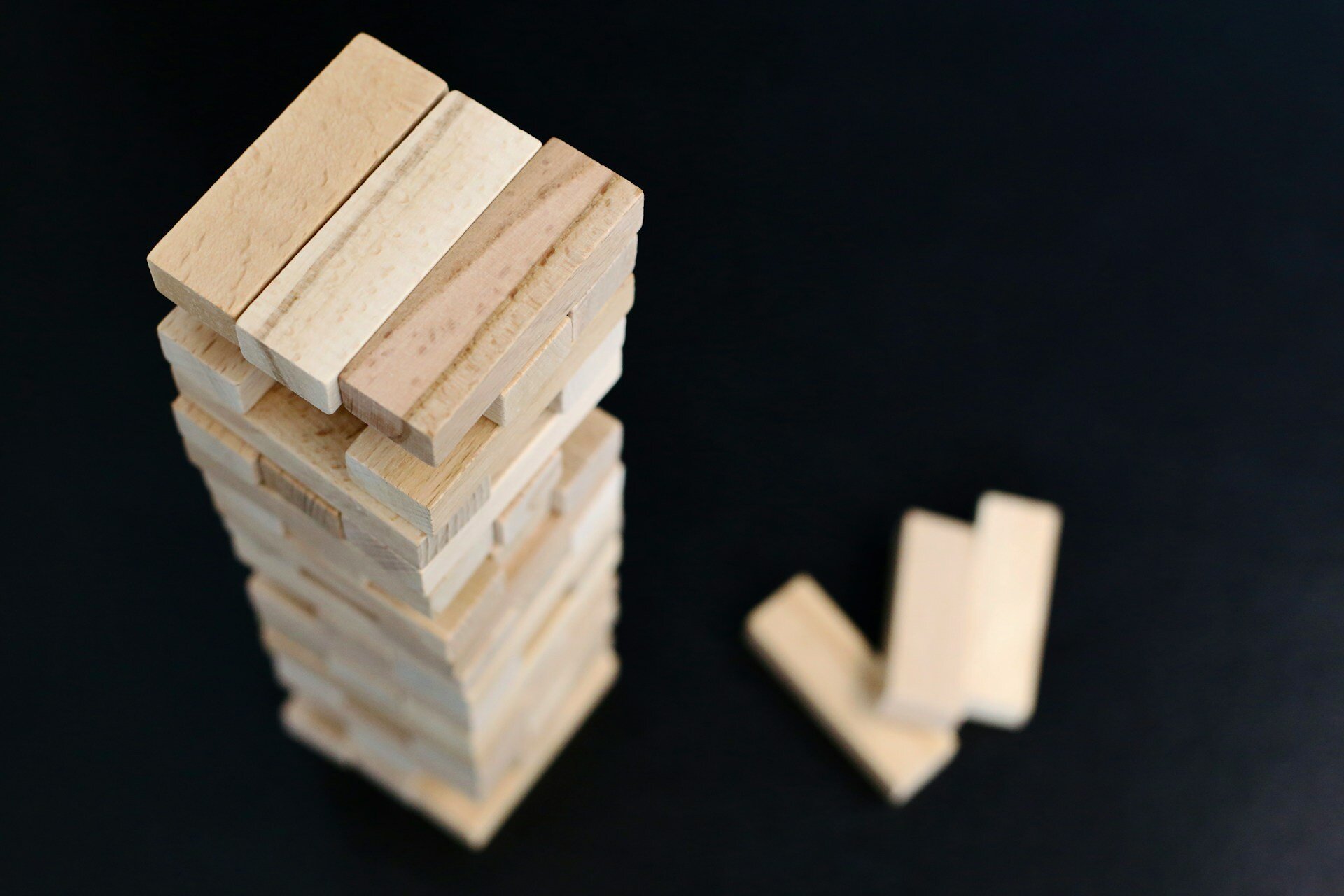
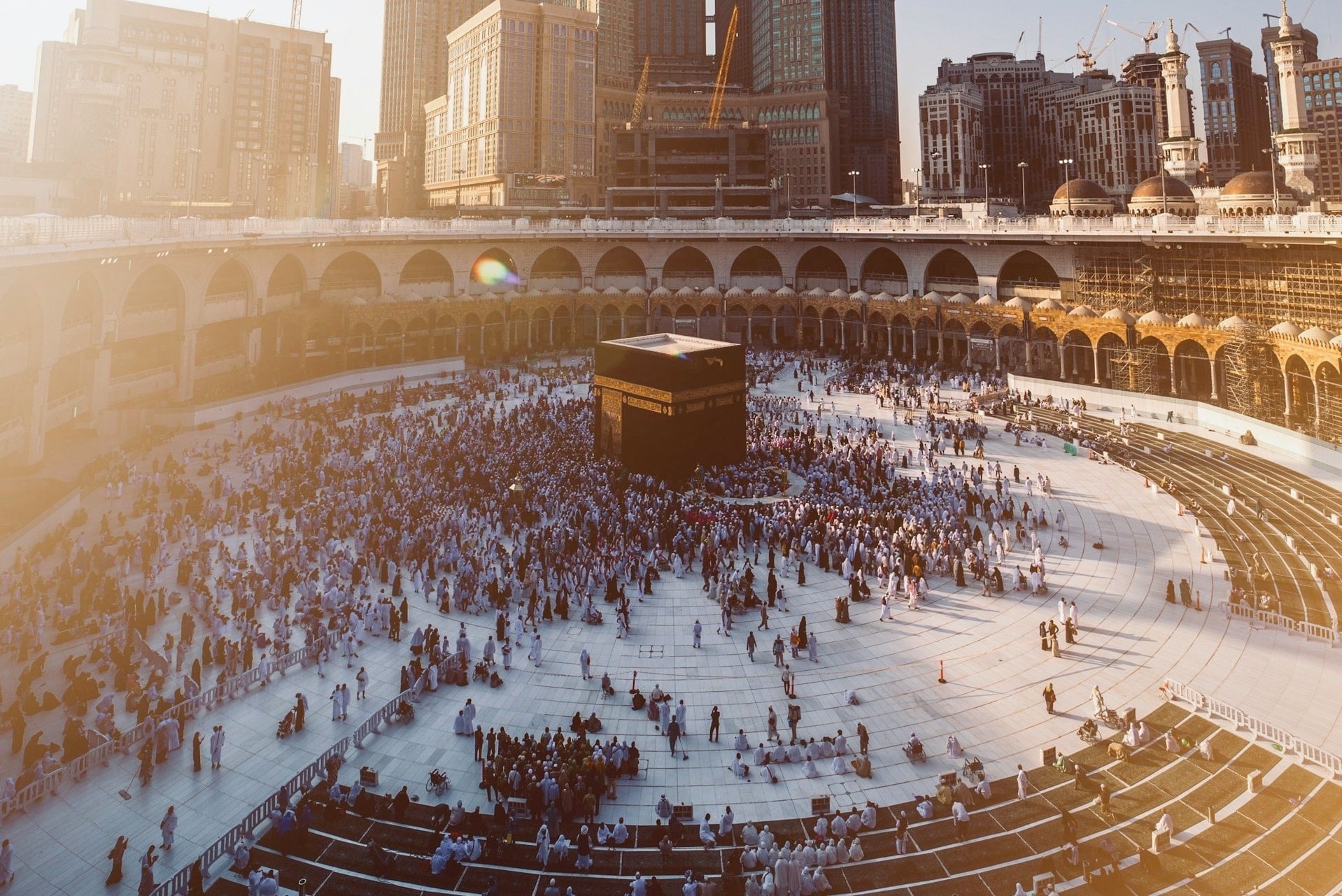
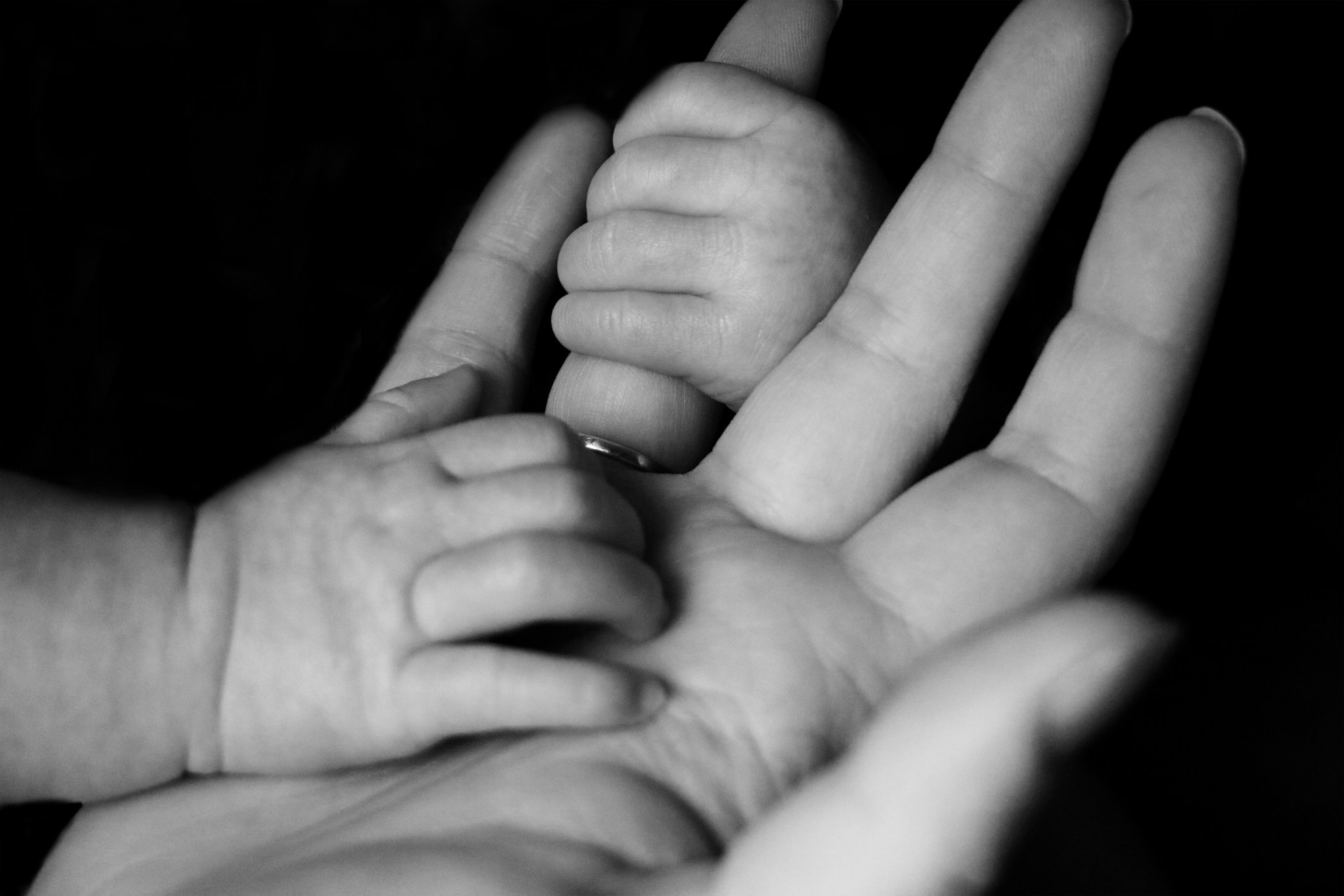

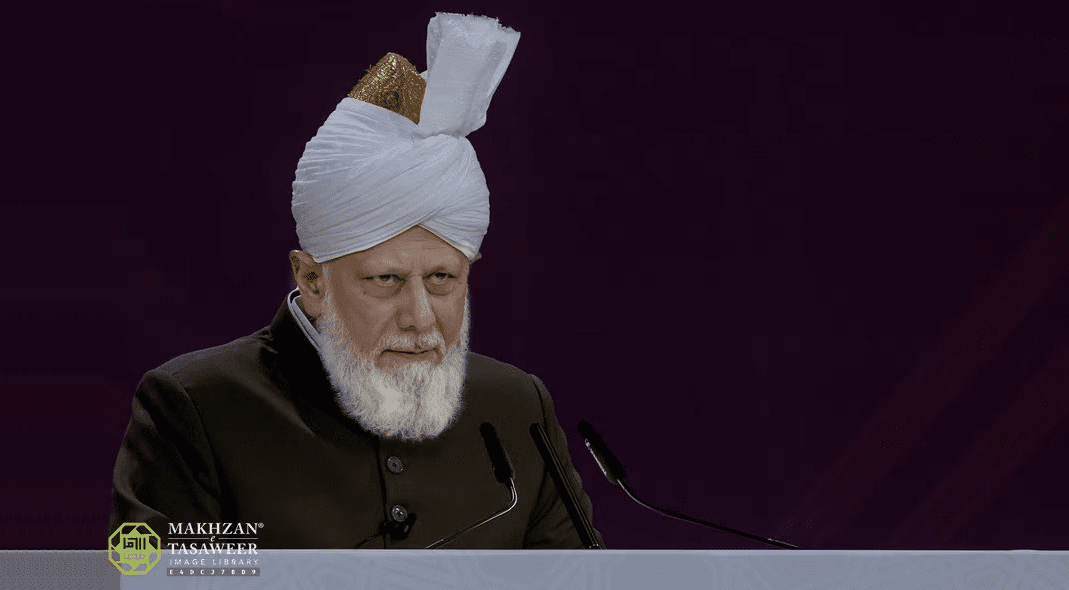
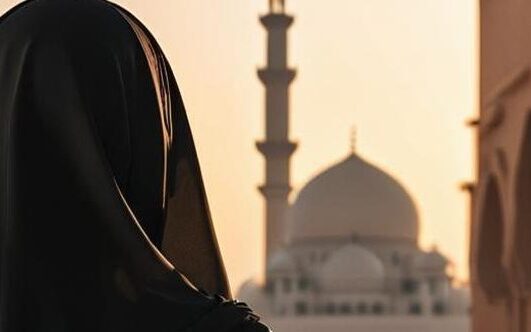


0 Comments